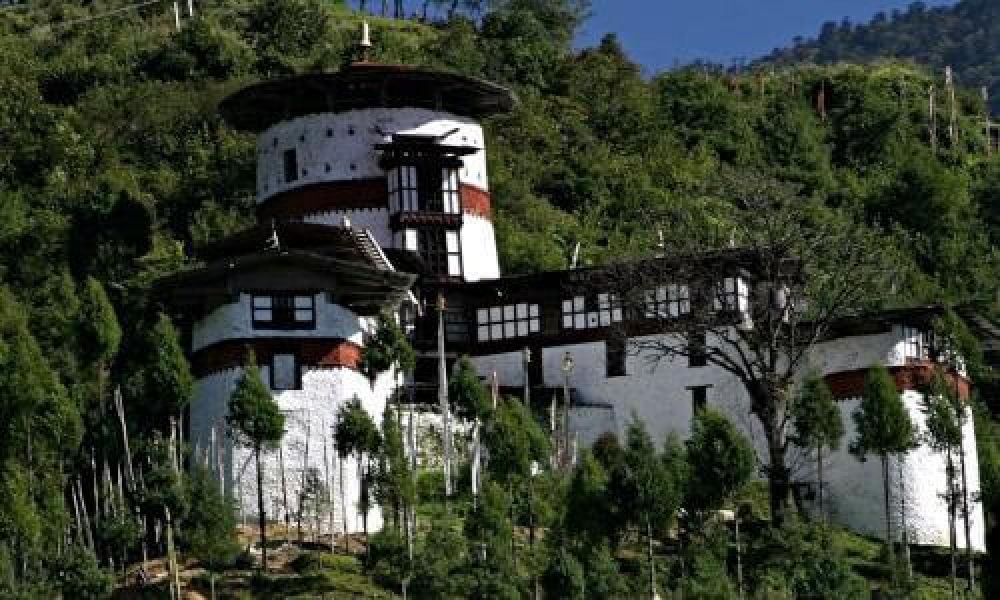

Nestled in the heart of Bhutan, the majestic Trongsa Ta Dzong is not only an architectural wonder but also a cornerstone of the country's tourism history. Trongsa, which means "new village" in Bhutanese, is an essential stopover in the journey through the mystic land of Bhutan. The history of tourism in Trongsa, and Bhutan as a whole, is relatively recent when compared to many other countries.
Bhutan opened its doors to tourism in 1974 in conjunction with the coronation of the fourth King. Trongsa, being strategically located on the only highway that traversed the country, became a pivotal point for tourists exploring the deep cultural roots and stunning landscapes of Bhutan.
Trongsa Ta Dzong, originally a watchtower built in 1648, was later expanded into a larger dzong (fortress) and has served multiple roles throughout history. It has been an impenetrable sentinel, the seat of power for the Wangchuck dynasty before becoming Kings, and is currently home to a museum that tells the tales of Bhutan's royal lineage and culture.
The museum inside Ta Dzong was inaugurated in 2008 and has significantly contributed to tourism in Trongsa. As Bhutan adopts a high-value, low-impact tourism policy to preserve its cultural heritage and environment, every visitor to Trongsa Ta Dzong gets an intimate and enlightening experience of Bhutan's rich history and traditions.
The latest trends in tourism in Bhutan, including Trongsa, have been characterized by a focus on sustainable and eco-friendly practices. This includes initiatives such as the promotion of off-season travel to balance the flow of tourists and ensure that tourism benefits are felt year-round.
For tourists, a visit to Trongsa Ta Dzong offers a compelling glimpse into the past, showcasing artifacts such as ancient armor, weapons, and a fascinating array of Bhutanese art and culture. The dzong's strategic location provides panoramic views of the deep valleys and lush mountains that surrounding the historic town of Trongsa.
As Trongsa Ta Dzong continues to be a part of the curated cultural journey through Bhutan, it holds a dear place in the tourism narrative of the country. The stewardship over cultural sites such as the dzong guarantees that visitors will be able to appreciate Bhutan’s historical treasures for generations to come.